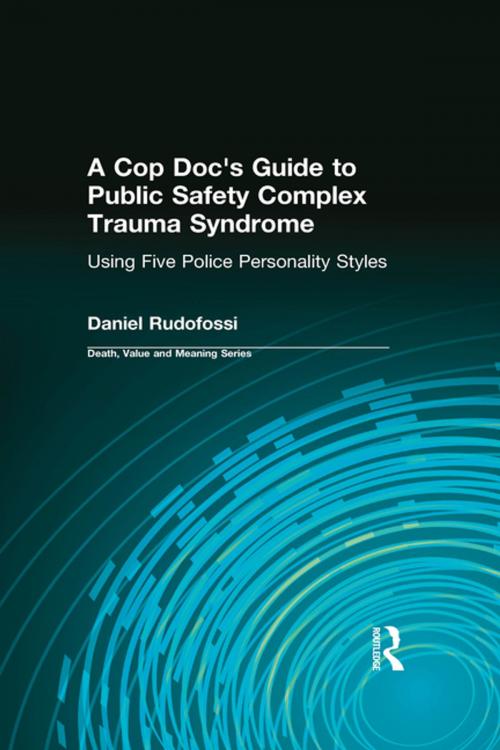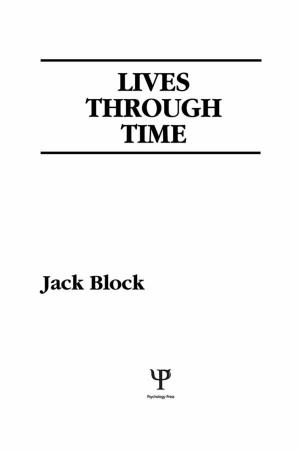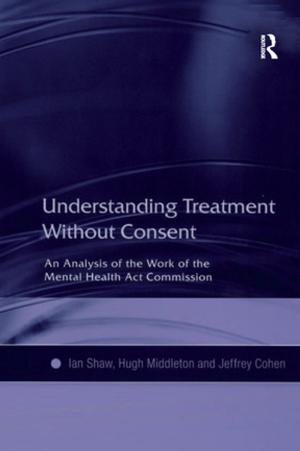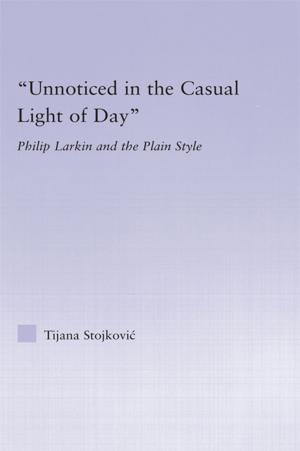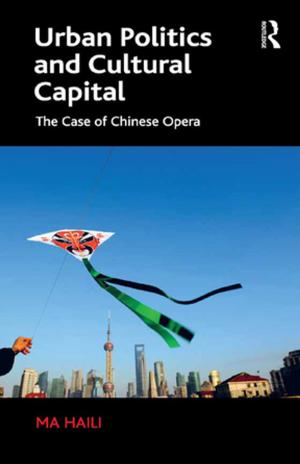A Cop Doc's Guide to Public Safety Complex Trauma Syndrome
Using Five Police Personality Styles
Nonfiction, Health & Well Being, Psychology, Mental Health| Author: | Daniel Rudofossi, Dale A Lund | ISBN: | 9781351846004 |
| Publisher: | Taylor and Francis | Publication: | July 5, 2017 |
| Imprint: | Routledge | Language: | English |
| Author: | Daniel Rudofossi, Dale A Lund |
| ISBN: | 9781351846004 |
| Publisher: | Taylor and Francis |
| Publication: | July 5, 2017 |
| Imprint: | Routledge |
| Language: | English |
"Cop Doc's Guide to Public Safety Complex Trauma Syndrome" is written in response to the need for an advanced, specialized guide for clinicians to operationally define, understand, and responsibly treat complex post-traumatic stress and grief syndromes in the context of the unique varieties of police personality styles. The book continues where Rudofossi's first book, "Working with Traumatized Police Officer Patients", left off. Theory is wed to practice and practice to effective interventions with police officer-patients. The 'how' and 'why' of a clinician's approach is made highly effective by understanding the distinct personality styles of officer-patients. Rudofossi's theoretical approach segues into difficult examples that highlight each officer-patient's eco-ethological field experience of loss in trauma, with a focus on enhancing resilience and motivation to - otherwise left disenfranchised. Thus, this original work expands the ecological-ethological existential analysis of complex PTSD into the context of personality styles, with an emphasis on resilience - without ignoring the pathological aspects of loss that often envelop officer-patient trauma syndromes.
"Cop Doc's Guide to Public Safety Complex Trauma Syndrome" is written in response to the need for an advanced, specialized guide for clinicians to operationally define, understand, and responsibly treat complex post-traumatic stress and grief syndromes in the context of the unique varieties of police personality styles. The book continues where Rudofossi's first book, "Working with Traumatized Police Officer Patients", left off. Theory is wed to practice and practice to effective interventions with police officer-patients. The 'how' and 'why' of a clinician's approach is made highly effective by understanding the distinct personality styles of officer-patients. Rudofossi's theoretical approach segues into difficult examples that highlight each officer-patient's eco-ethological field experience of loss in trauma, with a focus on enhancing resilience and motivation to - otherwise left disenfranchised. Thus, this original work expands the ecological-ethological existential analysis of complex PTSD into the context of personality styles, with an emphasis on resilience - without ignoring the pathological aspects of loss that often envelop officer-patient trauma syndromes.
